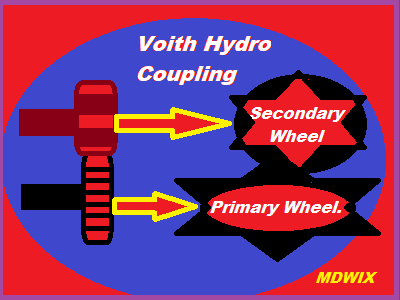Vitamin-Definition, Type, Source and It's Importance.
Definition: Vitamins are organic compound that are crucial for normal growth and nutrition. These are required in small quantities in diet because they are nor synthesized by the body.
Types: Vitamin are mainly classified into two categories: These are i) Water Soluble and ii) Fat or oil Soluble.
Water soluble Vitamins: They include the B-Complex group, Vitamin C and Vitamin P. These are not produced in the human bodies. So these are needed to be consumed regularly. These Vitamins play key role in energy production, immune function and iron absorption. They are found in a variety of foods, including fruits, vegetables and grains.
Fat or Lipid Soluble Vitamins: They include Vitamins A, D, E and K. They are stored i the body's fatty tissue and liver. They are crucial for maintaining vision, bone health and protecting the body from antioxidants. Sources of fat-soluble vitamins include dairy products, fish and leafy green vegetables.
A balanced diet typically provides all of the vitamins that an individuals requires. However certain conditions may necessitate vitamin supplements, Deficiencies in vitamins can lead to a range of health problems, depending on which vitamin is lacking. For example, a deficiency in vitamin D can lead to bone disorders such as rickets, while a lack of vitamin C can result in scurvy, a disease characterized by bleeding gums and joint pain.
It is important to note that vitamins are essential for health. Excessive intake of certain vitamins, particularly fat soluble ones, can cause toxicity. Therefore, it's crucial to adhere to recommended dietary allowances and consult healthcare professionals before starting new supplement regimen.
Next session we are discussing about different vitamins, their sources, importance's and effects of their deficiency as follows context.
-----------------------------------
Vitamin B Complex: Sources, Importance, and it's Deficiency.
Vitamin C: Sources, Importance, and it's Deficiency.
Vitamin P: Sources, Importance, and it's Deficiency.
Vitamin A: Sources, Importance, and it's Deficiency.
Vitamin D: Sources, Importance, and it's Deficiency.
Vitamin E: Sources, Importance, and it's Deficiency.
Vitamin K: Sources, Importance, and it's Deficiency.
------------------------------------
Related Search:
i) What are different types of Vitamin?
ii) Vitamin what types of foods?
iii) What are types, uses and function, benefits and deficiency diseases?
----------------------------------


















0 Comments